We discuss a group of supplements known as Nootropics, and find out the dangerous truth about taking smart pills.
You may remember back in college when students took common prescription drugs like Ritalin or Adderall to help focus or finish up a research paper the night before it’s due. This was and still is a major problem, because students are using prescription meds that are not even subscribed to them, and are using them to treat conditions that they don’t even have. These pills carry dangerous side effects because of their misuse and ended up putting more young people at harm.
While the Adderall fad is now considered passé, a new trend is sweeping college campuses, high tech companies and really anyone feeling the pressures from their highly demanding stressful jobs. They’re called nootropics, aka smart pills. In 2015, the nootropics industry has already racked in nearly one billion dollars and it’s not showing signs of slowing down anytime soon.
What Are Nootropics?
Literally translated from Greek: “towards the mind”, these compounds either directly or indirectly influence our brain function. Proponents of nootropics claim these compounds can increase our capabilities, state of wellbeing and/or our learning potential, which is pretty significant. These compounds are able to do this by altering our neurochemicals, enzymes or hormones in our brain and increasing catecholamine signalling. Catecholamines include neurotransmitters such as dopamine and norepinephrine which control a variety of our brain’s functions like motor control, cognition, emotion and memory processing. For a compound to be considered a nootropic, it must improve at least one cognitive domain: attention, arousal, mood, memory and creativity.
Here’s a Nootropics history lesson, guys. A short one, I promise.
Corneliu E. Giurgea, a Romanian psychologist and chemist, was named the father of nootropics. In the 1960s, Giurgea and his colleagues were attempting to develop new sleeping pills, when they accidently discovered a common nootropic known as Piracetam. Instead of quieting the brain, Piracetam activated the brain which he soon labeled as a nootropic. Giurgea was famously quoted saying: “Man will not wait passively for millions of years before a solution offers him a better brain”. Instead of focusing solely on treatment, nootropics started to become used to enhance our brain health and are heavily encouraged among healthy individuals.
Since the discovery, the market for nootropics have exploded. In the UK, a new recent study found that a large population of healthy students are using nootropics to help them complete tasks that they commonly procrastinate with. According to this nootropics website, nootropics can benefit these areas:
- Useful for their productivity and motivational effects
- Boost in social ability (increase confidence, extroversion, and verbal fluidity)
- Improve exercise performance
- Support brain health
- Improvement of mental wellbeing (anxiety aid, mood brighteners, anti-depressants)
But the real question remains, do nootropics work? Let’s review a few common nootropics.
Piracetam
Piracetam is one of the most popular nootropics since it was first discovered by the father of nootropics, Giurgea. The downside with a lot of the studies looking at piracetam is that they are not conducted on individuals using nootropics, like young healthy individuals. Instead the majority of the studies are conducted on the elderly that have a variety of cognitive disorders. This makes it difficult to know whether piracetam can actually enhance or improve cognitive thinking in healthy individuals (basically the people currently using these pills).
Here are a few studies on piracetam:
In this study, brain function in elderly patients was improved after regular dosing with piracetam.
In this 1976 study, piracetam improved the memory in most adult volunteers after two weeks.
In this 1987 study, piracetam helped dyslexic students improve their nonverbal learning skills (reading ability/comprehension).
The trouble with a few of these old studies is that they haven’t been replicated since, have small sample sizes and were fairly short term, so it’s still unclear the impact piracetam has in long term use.
In 2001, a review was unable to find enough evidence to support the use of piracetam in the treatment of people with dementia or cognitive impairment.
On top of that, Cochran (an independent network that reviews health research reviewed hundreds of studies looking at the role of piracetam with dementia and Alzheimer’s found that there is insufficient evidence to confirm that it enhances thinking/memory.
Modafinil
Amongst all nootropics, modafinil is touted as the best. To use this nootropic, you must have a prescription. Modafinil is supposed to be used to treat ADHD, narcolepsy and other sleep disorders (obstructive sleep apnea). Modafinil acts by increasing dopamine levels (so does cocaine) which controls our brain’s reward and pleasure centers. In one study, modafinil helped “sleep-deprived surgeons become better at planning, redirecting their attention and being less impulsive when making decisions”. In another study, researchers concluded that it was difficult to extrapolate from disease to healthy state. Modafinil was able to help individuals with ADHD by slowing things down, however in healthy individuals, this nootropic may shift away from our optimal state, and slow things down as well. On top of that, modafinil is also associated with addictive tendencies, since it affects our dopamine levels and may lead to dangerous side effects, especially if individuals are using prescriptions that were not even prescribed to them in the first place.
So far, the research is telling us that in a disease state, nootropics can provide slight improvements, while in a healthy state, research is lacking in whether it can improve any cognitive abilities or that it provides us any additional benefits. We also don’t know whether prolonged use of these substances alter our brain chemistry and put us at harm over time.
The Dangers of Nootropics
Based on the research, there is a consensus that nootropics don’t provide any additional benefit in healthy individuals. One major concern with these substances is that in Canada, nootropics are not allowed to be sold for consumption because they have not yet been tested for safety by Health Canada, mainly because of the limited evidence. In the United States, they are seen as food products, so do not need to be approved to sell (that’s a whole other kind of blog post). The way Canadians get around this is by ordering nootropics online from American retailers. The concern with purchasing supplements online is that you don’t really know what your purchasing and they may be mixed with other substances or contaminated with dangerous compounds. A huge study by a Guelph researcher, Steve Newmaster found that one in three vitamins and supplements sold were fake. On top of that, 60% of vitamin and supplement products contained ingredients not listed on their labels. WHAT?! Keep in mind these are products that are supposed to be regulated by Health Canada, so imagine products that are not even regulated or deemed safe by our government? Scary thought.
There has also already been cases about the misuse of nootropics. In the United States, since they’re classified as dietary supplements, nootropics unregulated, so companies are not held accountable for providing adequate labels with clear instructions. Because of this, overdose cases have already been reported (check that out here.) In both of the overdose cases, they were young men stressed and overwhelmed with work and needed a pick me up so turned to these supplements. I have major beef with the FDA around this, because supplements are NOT the same as food and just because something is “natural” doesn’t mean it’s safe.
Think about this for a second.
1 teaspoons of caffeine powder can be equivalent to 16-25 cups of coffee. I’m pretty positive that’s not an average coffee run order.
Placebo Effect
When it comes to supplements, we can’t ignore the placebo effect because it’s especially plausible in this case. When nootropics are touted as mood boosters or social anxiety relievers, it’s highly likely you can easily trick yourself into believing they help you. And yes, they’ve done research on this. This study showed that prescription stimulants influenced an individual’s mood but not cognitive enhancement.
Natural Nootropics in Food
Enough about supplements, let’s talk about food. So maybe we don’t yet have enough research to support the use of nootropics, but we can find many of these compounds in food itself (and that’s a hell of a lot safer).
Eggs
Eggs provide us with a rich source of choline which is the precursor to a neurotransmitter acetylcholine which is important for learning and memory. Our body can only produce small amounts of choline, so we must get it from food. You can also get choline from liver, seafood and shellfish.
Dark Chocolate
I know you guys will like this one. For a while now, studies have found the link between dark chocolate consumption and cognitive function because of some antioxidant compounds known as flavanols. Regular intake of chocolate was significantly associated with stronger cognitive function “irrespective of other dietary habits”. Yaaaaaaaaaaas!
Green Tea
Green tea is notorious for carrying health benefits because of its antioxidant catechin and L-Theanine content. L-Theanine is a common nootropic and has been shown to promote relaxation which is why tea is often used as a calming device. Meanwhile, the catechins are known as flavanols, and like with chocolate, may promote brain function. In a small study, the consumption of green tea increased the connections between brain regions to aid in memory exercises.
Blueberries
Blueberries are high in flavonoids and have been shown to reduce rates of cognitive decline in older adults.
Fatty Fish
We’ve been talking about omega-3s and 6s for a while now, and it’s been heavily studied in the area of cognitive health. This 2017 review linked the consumption of omega-3 and omega-6 with healthy brain aging.
As you can see, you can benefit from some of these brain foods without having to spend a ton on supplements that may not even benefit you. There has even been a trend in the nutrition world toward brain diets.
The MIND Diet
The Mediterranean-DASH Intervention for Neurodegenerative Delay
is exactly what it looks like. A mash up of the Mediterranean diet and the DASH diet, both of which have been found to carry significant health benefits. This diet is not seen as another fad diet, but really a diet developed by public health experts and based on research. The DASH diet focuses on helping people eat foods that can lower their sodium intake and blood pressure, while the Mediterranean diet focuses on eating minimally processed natural foods and limiting unhealthy fats and red meat.
The diet recommends eating these ten foods daily:
- Vegetables
- Green leafy vegetables
- Berries
- Nuts
- Beans
- Wine
- Whole grains
- Fish
- Poultry
- Olive oil
conducted on the MIND diet, results showed that the diet lowered the risk of Alzheimer’s by as much as 53% in participants that adhered to the diet.
For the time being, I am a food first kind of dietitian. There may be a role for nootropics in various neurological diseases and/or injury, however there is simply not enough evidence to suggest these pills will make the healthy lay person smarter. Save your money, don’t risk taking sketchy unregulated supplements, and eat real food.
What have you heard about these smart pills?
Have you or would you take them?
Have they worked for you?
Comment below with your thoughts!
Contribution by Sofia Tsalamlal, MHSc, RD
Updated on August 15th, 2020

Abbey Sharp is a Registered Dietitian (RD), regulated by the Ontario College of Dietitians. She is a mom, YouTuber, Blogger, award winning cookbook author, media coach specializing in food and nutrition influencers, and a frequent contributor to national publications like Healthline and on national broadcast TV shows.

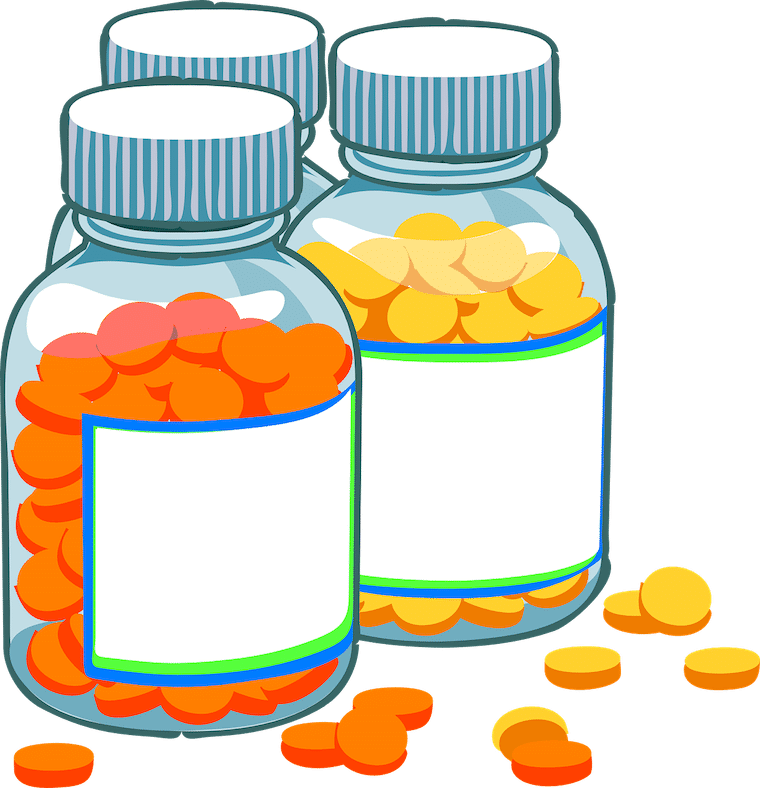
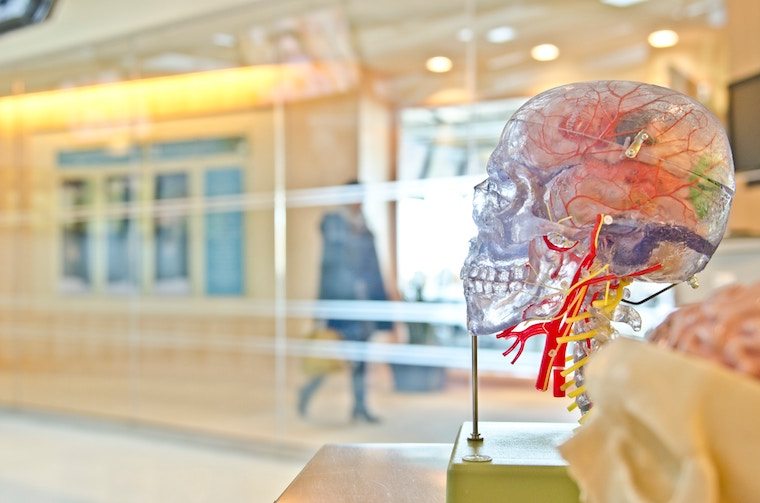
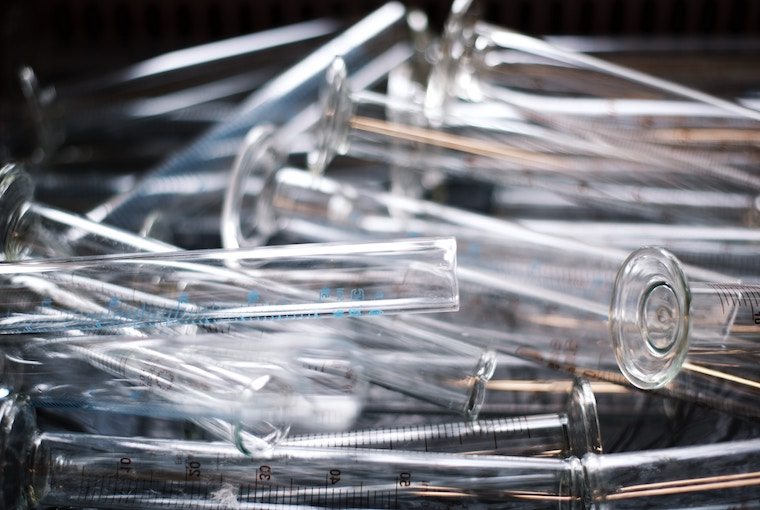
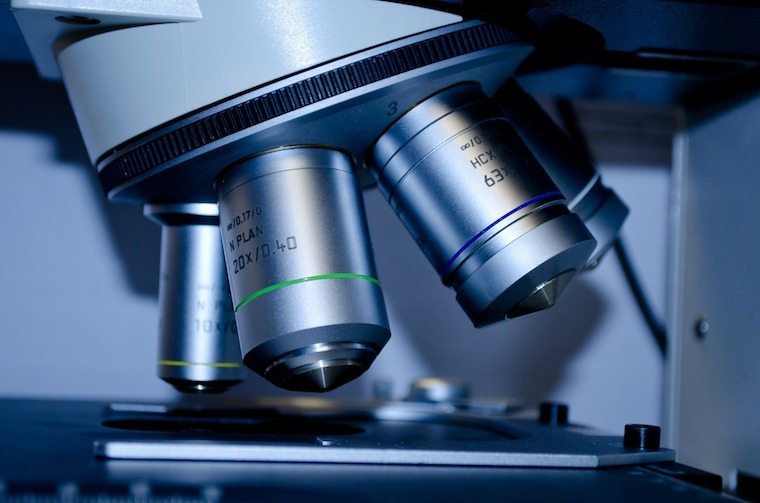
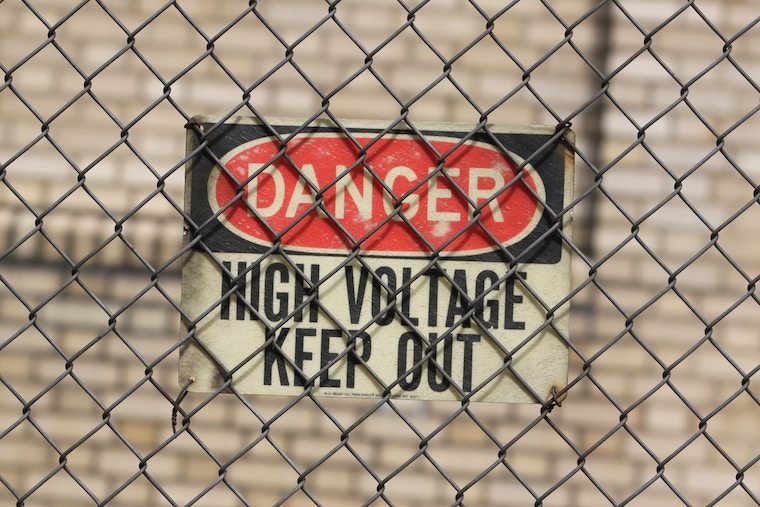
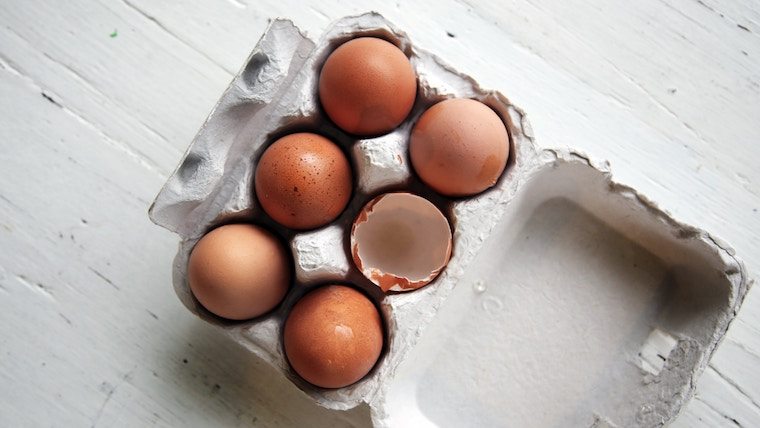
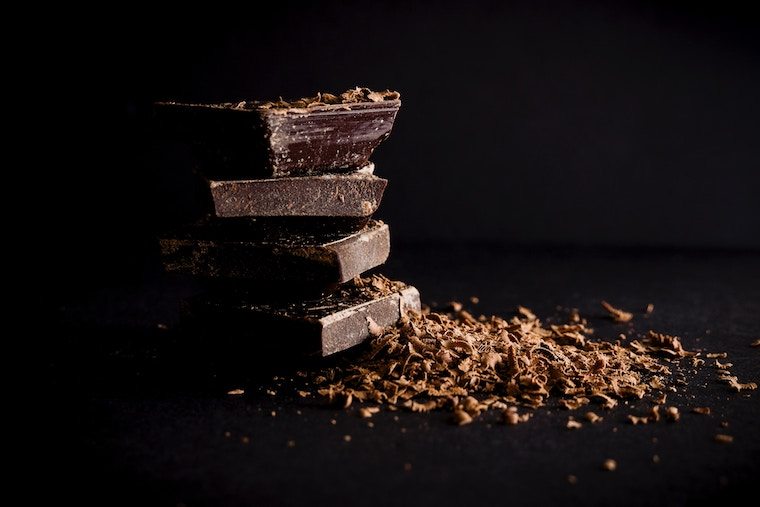

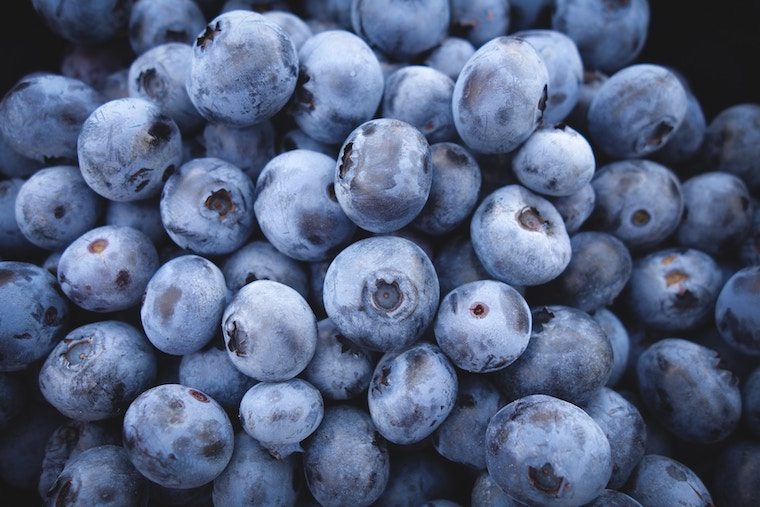
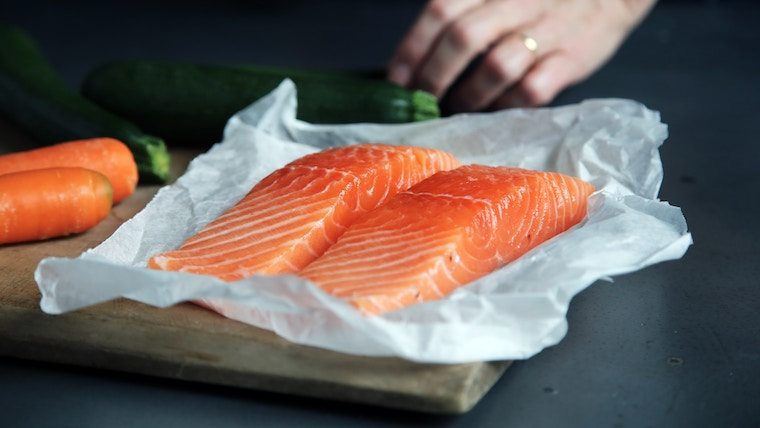
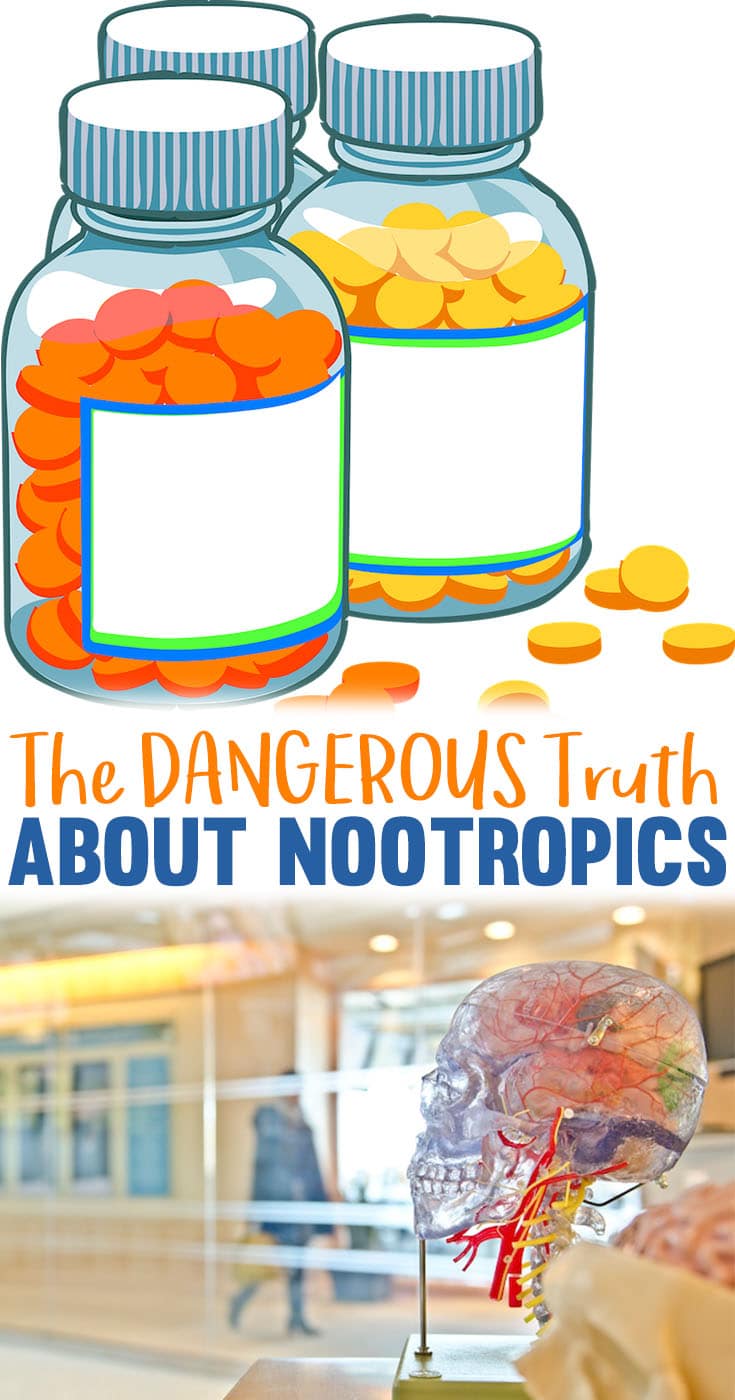

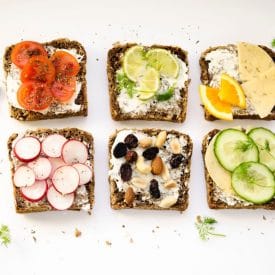
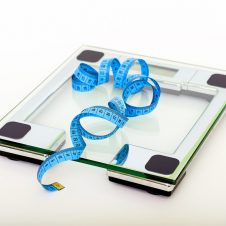

GiGi Eats says
I never have, and I never will advocate anyone take crap like this! It’s bogus and they’re basically just mind-altering drugs… Like illegal drugs! It’s stupid.
Abbey Sharp says
Yup, I hear ya!
peace warden says
I suggest thcat you know what you are writing about. The noortropic 75% of Americans need now is magnesium. The next is choline. It is truly amazing what lack of knowledge can do in America today.
Ean OM - Shankara says
We can also call magnesium and choline nutrients, not just nootropics. Meaning, we need magnesium and choline to survive, this is not the case with piracetam.
From my understanding, piracetam was made in a lab, likely extracted from – or synthesized with inspiration from – a signature found in nature, such as within a plant, animal, mushroom, bacteria, mineral, etc.
The argument could me made toward the consumption of that energetic signature found in nature directly, rather than in a form altered by man. Nature has evolved alongside us for a rather long time… In fact, it would be more accurate to say that we have evolved alongside Nature for a very long time.
That being said, I don’t discredit the possibility of a nootropic changing someone’s life for the better in the long term; nor do I discredit the possibility of a nootropic to pose little to no change, or potentially even harm.
The Science on this stuff is still pretty fresh, time will reveal what we wish to know. In the meantime, our friends over in the East have some really interesting Philosophies…
Sara says
Oh my gosh, I had no idea. This is truly enlightening info Abbey, thank you!
Abbey Sharp says
Thanks Sara!
Kara @ Byte Sized Nutrition says
Wow, this is fascinating. I didn’t realize that these pills were the new trend.. I definitely remember Adderall being all the rage back when I was in undergrad. Great information on a timely and important topic!
Abbey Sharp says
Yup, totally! Thanks Kara 🙂
Sarah Remmer says
Awesome post, great info!
Abbey Sharp says
thanks girl!
Esther says
I have always been against those kinds of pills.
Thanks for sharing!
Abbey Sharp says
Thanks Esther
Liz @ I Heart Vegetables says
Abbey, you’re so good at really diving deep into this type of thing! I had no idea about some of the dangers!
Abbey Sharp says
Happy to share! Thanks Liz 🙂
Catherine Brown says
Excellent article Abbey! I love learning new things and you make it a joy. Kudos!
Abbey Sharp says
Aw thanks so much Catherine 🙂
Whitney @ To Live & Diet in L.A. says
I’m all about the natural nootropics, or basically, eating chocolate 😉
Abbey Sharp says
haha I’m with ya!
Lee says
Nootropics are amazing for me, thank you for your information
Abbey Sharp says
glad theyre working for you.
Carmy @ carmyy.com says
I didn’t even realize this was a thing in school! I just drank a ton of caffeine in school ha.
Abbey Sharp says
haha same! it did what I needed!
Jessica @Small Bites by Jessica says
Such an interesting topic. Thanks for shedding some light on it Abbey!
Abbey Sharp says
Thanks Jessica 🙂
Chrissy @ Snacking in Sneakers says
I hadn’t really heard of nootropics before as far as a college pill poppin trend, but this article was so helpful for learning more. I love that you included all the (way safer) food sources – definitely pinning this as a reference.
Rachel says
ALZ runs in my family. I was good about sticking to the MIND diet for a while, but now I’m going to actually do it and stick with it. Thanks for the reminder.
Abbey Sharp says
Thanks Rachel 🙂
Emily | EmPowered Nutrition says
Didn’t know much about nootropics, but this was super helpful info! Thanks for sharing!
Abbey Sharp says
Yeah, really interesting! Thanks Emily
Shannon @ KISS in the Kitchen says
This is so helpful, Abbey. Thanks for always helping debunk and explain things like this!
Abbey Sharp says
My pleasure! Thanks Shannon 🙂
Nutrition by Nazima says
super informative post, great job!
Abbey Sharp says
Thanks Nazima!
John says
Again. You are what you eat. But supplements never replace what you can naturally acquire through just eating right